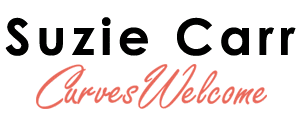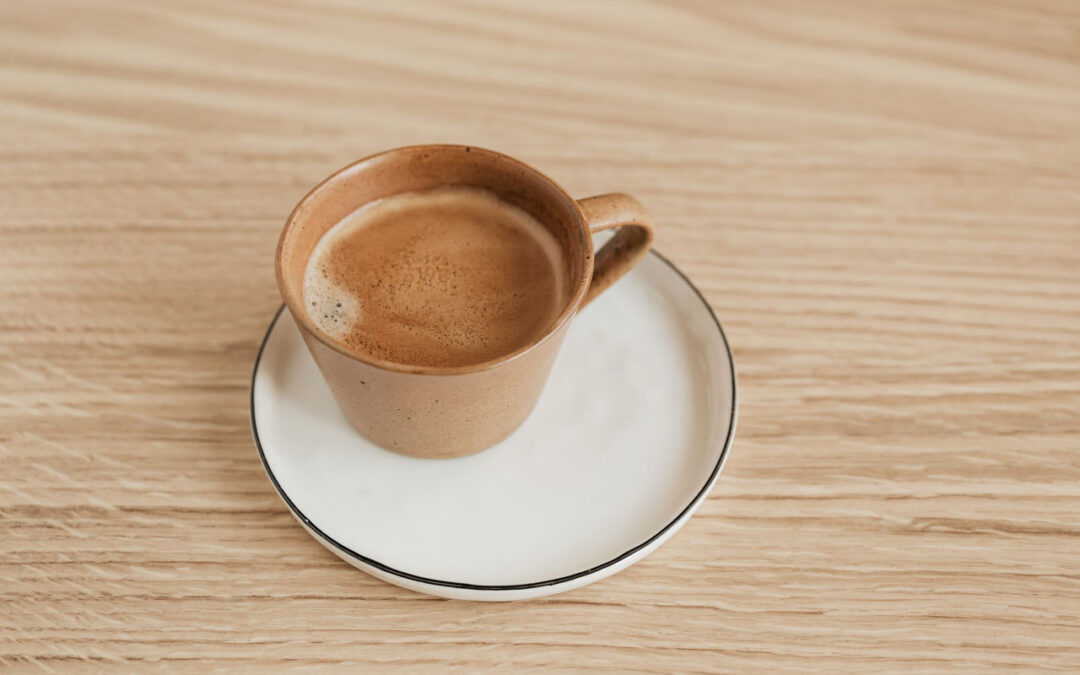The benefits of routine are vast. Routine can catapult us to great heights because it ensures pertinent steps are never ignored.
When I was a kid, changing into my comfy pajamas signaled that moment of the day to transition into a restful night. As soon as one of my legs slipped into the pajama bottoms, my brain began the wind down phase. I knew that within an hour, my parents would tuck me under my soft comforter with my favorite stuffed animal, and soon I would be fast asleep.
We crave structure
Like any kid, I craved this structure. I looked forward to it. It comforted me and created a sense of wholeness and safety, enabling me to slip into a restful, restorative night’s sleep.
As an adult, I had forgotten how important a good nightly routine could be. Especially when smartphones came about, and I added a flat screen television to my bedroom. Suddenly, I found myself wide awake at the end of the day, unable to embrace that incredible feeling of deep slumber. After scrolling through my social media newsfeeds and watching a high-impact shows on television, I’d turn out the lights and stare wide-eyed at my ceiling fan willing peace to enter so I could get a good night’s sleep.
A craving for routine
I had created a very bad habit, and my sleep suffered.
I needed some structure, a routine to keep me in check.
Here’s the thing about routine: It can suck the mojo right out of life if applied to areas that respond better to spontaneity. Let’s face it, there are some things in life that we want to keep open for randomness to surprise us. The brain needs that to function properly.
That being said, today, I’m solely going to explore routine in respect to those areas in life that we don’t want to leave up to surprise, areas that routine can help make us more effective and healthier.
Benefits of Routine
Routine Provides Structure
We are creatures of habit. Taking advantage of this can boost our chances of success. By organizing life, we are proactively taking control of its direction, not leaving critical areas up to luck. Structure gives us a road map. It signals to us when we should take a break, when to switch gears, when to wind down, when to speed up, and when to get focused.
Routine Instills Good Habits
When we proactively decide what to do, we will choose things that feel good, empower us, and cast our best light onto the world. We consciously create the life we want by participating in the design of our days and ultimately our life.
Routine Creates Efficiency
Creating a habit of getting things done will increase the likelihood that you will, in fact, get things done. You don’t have to think about it. You just do it. The more you do something, the easier it becomes because you find ways to increase efficiency and effectiveness. You discover what works, what doesn’t, and the best way to go from incomplete to complete.
Routine Builds Increase
If you continue to plug away at something, you will eventually complete it. Think of routine as compounded interest. The more you add to something, the greater its strength and size. If you make it a routine to walk 10,000 steps daily, imagine how many steps you will have taken in a year’s time? And, imagine the strength and size of those steps as you build on them? Those steps will dramatically add up. With a routine in place, you are guaranteeing to get them in, resulting in momentum.
Routine Builds Expertise
The more you do something, the greater you become at it. If you want to be a painter, and commit to painting daily, then you will eventually begin to paint better. You will learn improvement strategies, start to see the canvas in a different light, and become better at using the tools to make your painting come to life.
Routine Creates Smoother Transitions
We all have parts of the day where we must transition from one mindset to another. Take the morning and evening hours for example. When trying to get yourself together in the morning, routine can help speed up the process by taking random things out of the equation. Following a structured path from waking up to brushing teeth can help us get out of the door with less stress and on time.
The same goes for evening. The last thing your brain needs is randomness when you’re trying to unwind. Adding surprises into your night will fire up dopamine and activate your brain when the thing you need to do is quiet it down.
Help yourself transition from a busy day to a peaceful night by doing something routine to tell your brain it’s time to slow down. Perhaps that’s a nap, a walk, cooking while listening to calm music, reading, taking a bath, meditating, or stretching. Even something like going over lessons you learned from the day. Another helpful way to dial the brain down is to write things down that you need to do the next day. By putting them on paper, you release them from your mind.
Over to you. What routines help you to be more effective and healthier?


